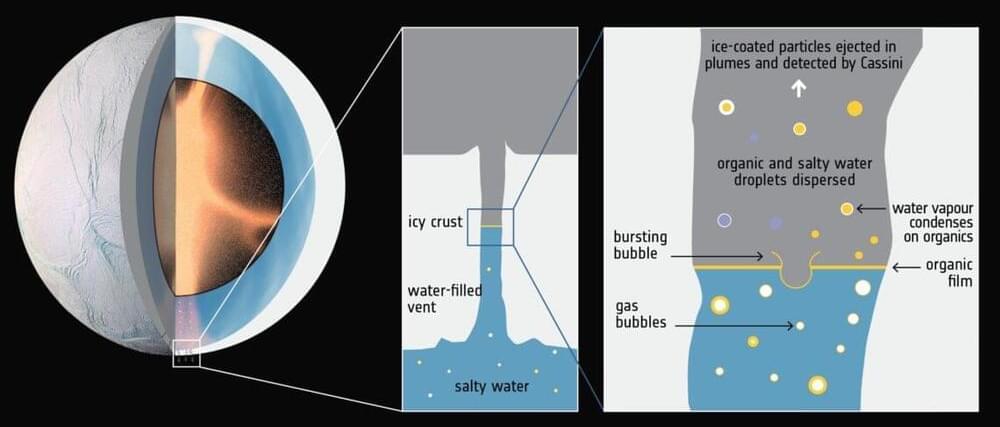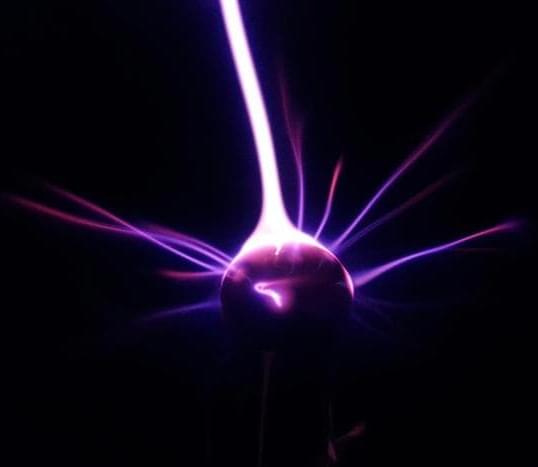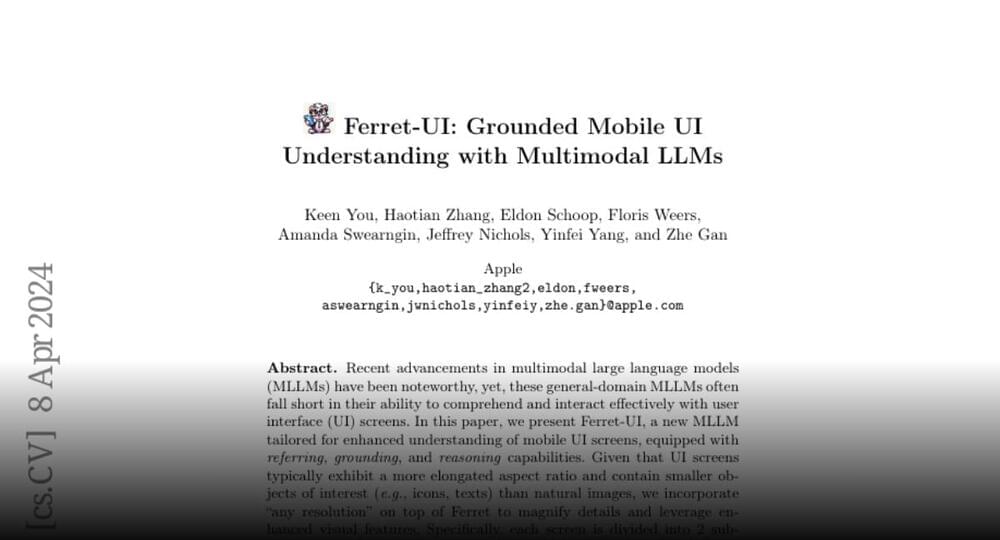Apr 9, 2024
Exclusive: Synchron, a rival to Musk’s Neuralink, readies large-scale brain implant trial
Posted by Zola Balazs Bekasi in categories: biotech/medical, Elon Musk, neuroscience
Synchron on Monday plans to launch an online…
WASHINGTON, April 8 (Reuters) — Synchron Inc, a rival to Elon Musk’s Neuralink brain implant startup, is preparing to recruit patients for a large-scale clinical trial required to seek commercial approval for its device, the company’s chief executive told Reuters.
Synchron on Monday plans to launch an online registry for patients interested in joining the trial meant to include dozens of participants, and has received interest from about 120 clinical trial centers to help run the study, CEO Thomas Oxley said in an interview.


















